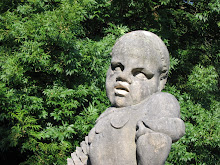Mat-making: the village industry
The page can be found by following the link in the title of this entry, and I gratefully acknowledge the work of Richard Deeks, on which my contribution heavily depends.
As always, I would welcome more contributions in a similar vein.
SC
Labels: Deeks, Mat-making

